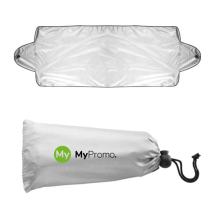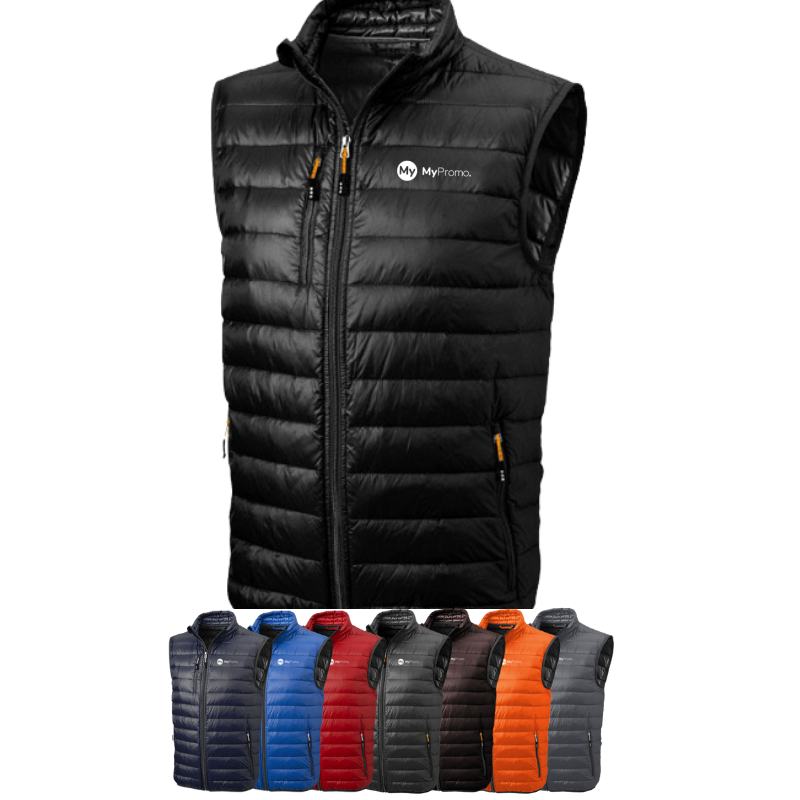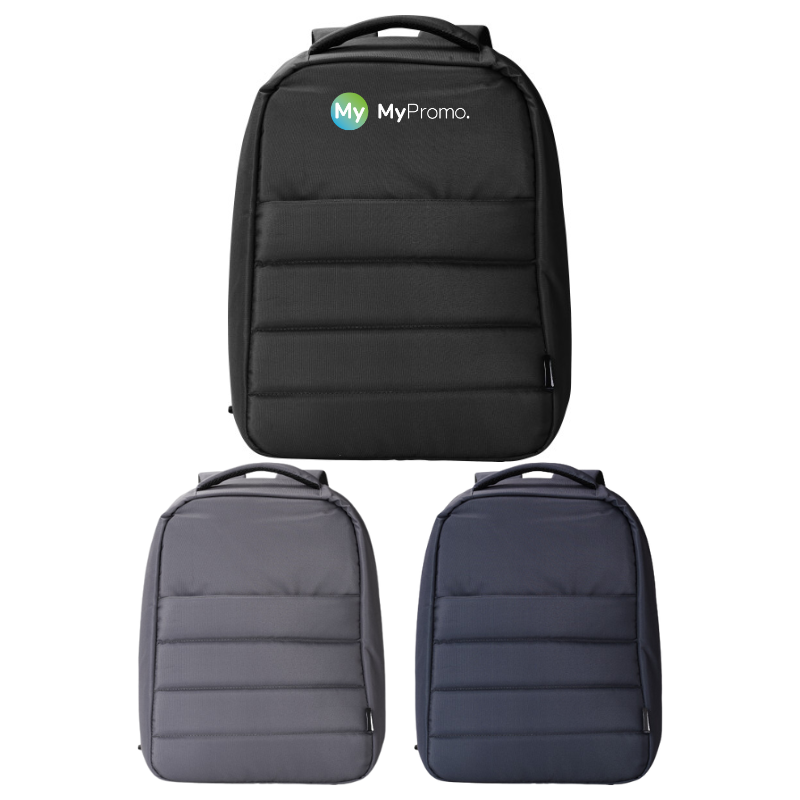Nylon
What is Nylon?
Nylon is a synthetic polymer, developed originally as a substitute for silk. Created in the early 20th century, it quickly became known for its exceptional strength, elasticity, and resistance to abrasion and chemicals. These qualities have made it a crucial material in various industries, ranging from clothing and textiles to automotive and consumer electronics.
Properties and characteristics of nylon
Nylon stands out in the manufacturing world due to its numerous beneficial properties:
- Durability: It is known for its ability to withstand significant wear and tear.
- Elasticity: Nylon can stretch significantly without losing its original shape.
- Resistance: It is resistant to many chemicals, which makes it suitable for various environments.
- Water-resistant: Although it absorbs some moisture, it dries quickly, making it ideal for outdoor use.
Nylon in action: Applications and advantages
Nylon's adaptability makes it suitable for a wide array of products. In everyday use, it is found in machine parts, automotive components, and electrical insulation. In the world of fashion, it is a key component in the production of hosiery and swimwear due to its stretchable and quick-drying characteristics.
In the promotional products industry, nylon is widely used for items like custom-branded personalized umbrellas, personalized banners, and bags. These items benefit from nylon’s durability and excellent printability, enhancing brand visibility while withstanding elements, thus providing long-lasting promotional value.
Comparing nylon with other materials
Nylon vs. Other Synthetics:
- Compared to polyester, nylon is more stretchable and abrasion-resistant, which makes it superior for certain applications like athletic wear.
- Unlike materials such as PVC, nylon is more heat-resistant and offers better insulation properties.
Challenges and limitations
Despite its advantages, nylon does face some challenges:
- Environmental Impact: Being petroleum-based, nylon production is resource-intensive and not biodegradable.
- Sensitivity to UV Light: Nylon can degrade when exposed to prolonged sunlight.
Properties comparison table
| Property | Nylon | Polyester | PVC |
|---|---|---|---|
| Durability | High, resists wear and tear | Moderate, less abrasion-resistant | Low, prone to damage |
| Elasticity | High, very stretchable | Low, less flexible | Very low, rigid |
| Heat Resistance | High, withstands more heat | Moderate, susceptible to heat damage | Low, easily deformed by heat |
| Environmental Impact | High, petroleum-based, non-biodegradable | Moderate, more recyclable options | High, releases harmful chemicals when burned |
What is nylon made of?
Nylon is made from synthetic polymers derived primarily from petroleum products.
Why is nylon considered durable?
Due to its chemical structure, nylon has a high resistance to wear and tear, making it durable.
Can nylon be recycled?
Yes, nylon can be recycled, but the process is complex and not as widely available as recycling for other materials.
Is nylon waterproof?
Nylon is not completely waterproof but is highly water-resistant and dries quickly.
What are the environmental impacts of nylon?
Nylon production is energy-intensive and uses non-renewable resources, contributing to environmental pollution.










